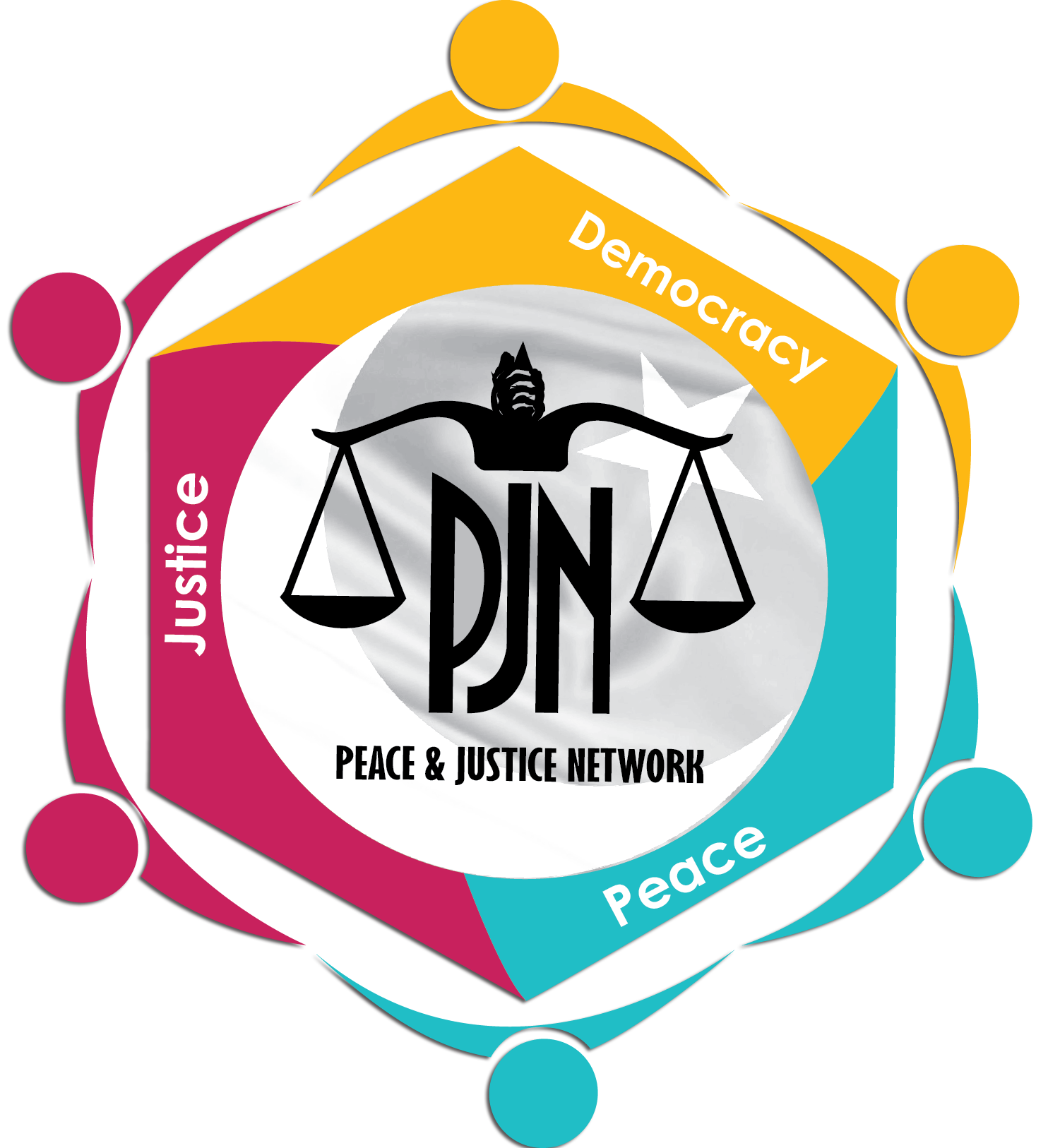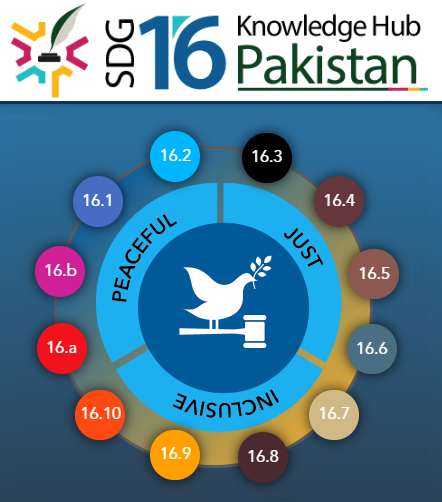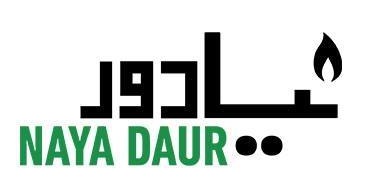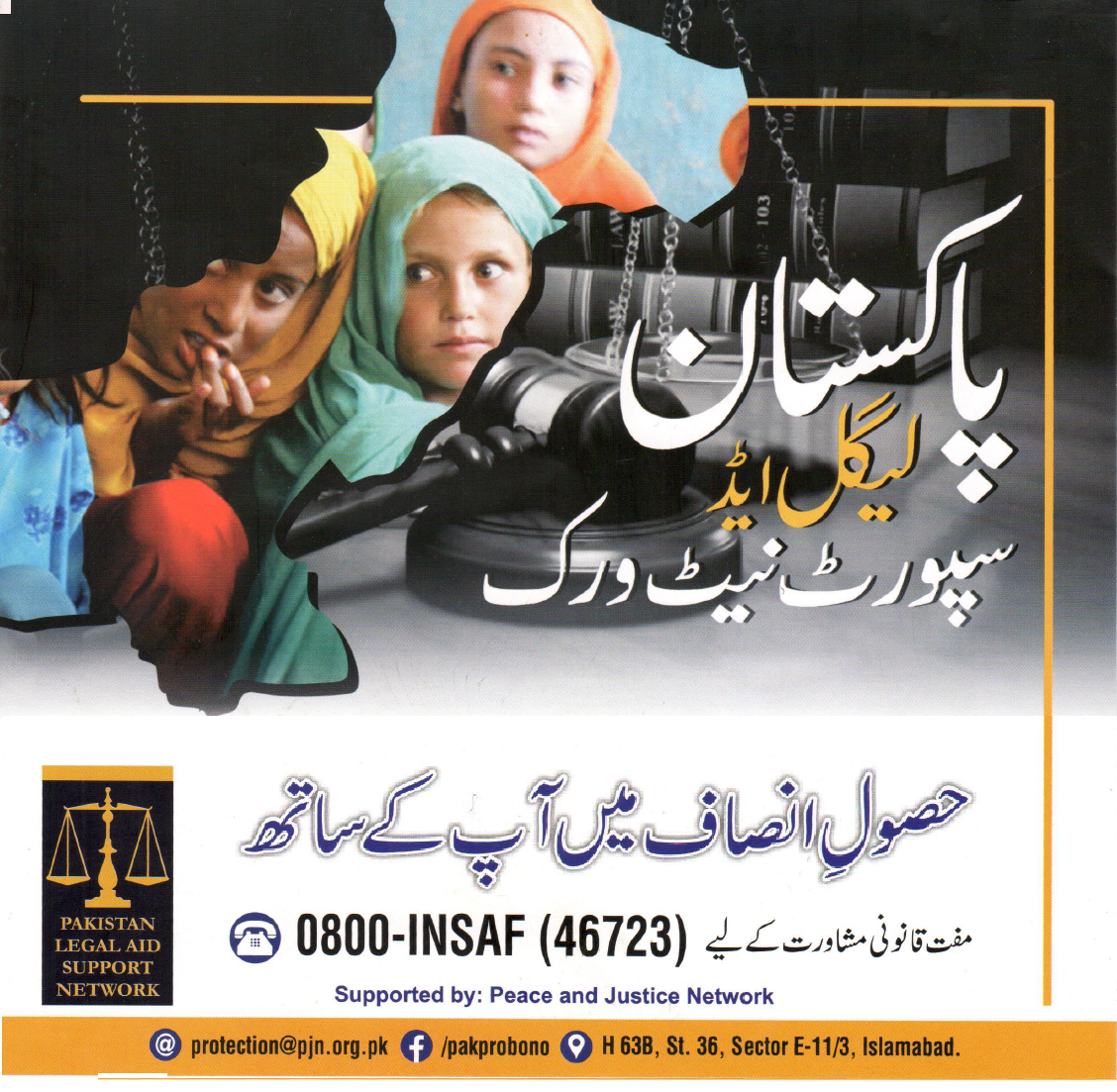

International Day for Judicial Well-being: A Global Call for Action (4 Mar, 2025)
Pakistan Ranks 129 out of 142 in the World Justice Project Rule of Law Index (26 Oct, 2024)
2024 Trafficking in Persons Report: Pakistan (24 June, 2024)
Pakistan ranks second-last in WEF Global Gender Gap Report 2024 (7 Mar, 2025)
Global think tank urges India's allies to press for restoration of occupied Kashmir's statehood

Mon, August 10, 2020
Global think tank International Crisis Group (ICG) has advised India's international allies to "strongly encourage it to restore Kashmiri statehood, free detained politicians and end security forces’ abuses against civilians".
In its new report, 'Raising the Stakes in Jammu and Kashmir,' the ICG has advised India to release politicians still in detention, allow political activity to resume, and take steps to end abuses against civilians by its security forces. India's "international partners should press it in that direction," urges the report.
The ICG has warned that the recent actions of the Indian government increase "risks of an incident setting off an unintended military escalation" between the two nuclear powers in the region, namely, India and Pakistan.
The report suggests that the two hostile neighbours, "at a minimum should dial down bellicose rhetoric and respect a ceasefire they agreed to in 2003". It encourages both countries to respect the measures taken to promote peace between them, and in Kashmir, during 2003-07, including the ceasefire agreement along the Line of Control (LoC).
According to the report, during the said time period militancy waned and the two countries opted for bilateral talks. There were rising hopes for a peaceful settlement of the longstanding Kashmir dispute and several confidence-building measures were taken such as the opening of the LoC for travel and trade for Kashmiris on either side.
Such efforts enabled space for dialogue between prominent Kashmiri stakeholders, including the All Parties Hurriyat Conference - "considered the most representative political force in Indian-controlled Kashmir” - and New Delhi, according to the report.
Besides, it was during this time that two successive Indian prime ministers from both ends of the political spectrum – the Indian Congress Party and the BJP – conceded to address Kashmiri grievances through political means, observes the ICG.
However, the report notes that since its re-election in May, Prime Minister Narendra Modi's government has rejected Pakistan's offers for renewed bilateral dialogue, and Islamabad too withdrew its offer after New Delhi's unilateral actions of August 2019, when India illegally "revoked Jammu and Kashmir’s semi-autonomous status, redrew its internal boundaries, and scrapped Kashmiris’ exclusive rights to immovable property and access to government jobs".
"Pakistan itself withdrew that offer after 5 August, calling on India to first end the Kashmir lockdown and reverse steps taken to change the disputed territory’s boundaries," states the report.
It adds that Islamabad's reaction to India's atrocities in Kashmir has "largely been limited to attempts at rallying international opinion against India’s August 2019 moves".
However, the report notes, since last year, New Delhi has employed “heavy-handed tactics” in the occupied region that have “only exacerbated the Kashmir alienation and raised tensions with Pakistan”.
According to the report, such actions by New Delhi have resulted in the rise of "homegrown militancy" which “does not necessarily rely on orders from across the border".
It notes that the suicide bomber behind the Pulwama attack in February 2019, that triggered escalation between the two neighbouring countries, was also a local. "Should local militants launch another such assault on Indian security forces, India will almost certainly blame Pakistan and its militant proxies, increasing the risks of confrontation," warns the ICG.
The report also notes that earlier this year, New Delhi passed a new domicile law permitting, for the first time, Indian citizens from other areas of the country to become permanent residents of Jammu and Kashmir.
Such "reforms have kindled widespread anger among Kashmiris, who see them as part of a strategy for changing the region’s ethnic, social and religious contours," warns the ICG report.
Elaborating on the reasons behind continued unrest in the occupied territory, the report notes that "the region is devoid of democratic oversight or local political representation. A year after Kashmir’s entire political class was arrested, some of its most prominent politicians are still in detention, while those who have been released have, for now, been largely cowed into silence".
Published in the Express Tribune on 11 August 2020
Copyright © 2026 pjn.org.pk








